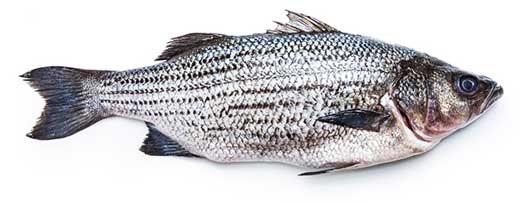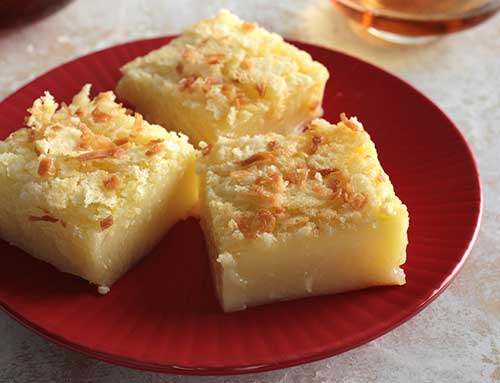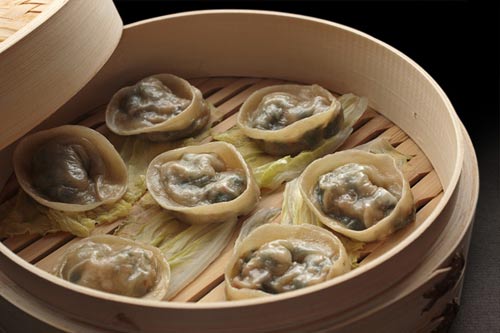当前位置: Language Tips> 双语新闻
10 good luck foods for Chinese New Year
8. Whole Fish 全鱼

The Chinese word for fish sounds like the word for abundance, says Lum. It’s important that the fish is served with the head and tail intact, writes Gong, “to ensure a good start and finish and to avoid bad luck throughout the year.”
林解释道,中文里,“鱼”和“余”同音。春节吃鱼,得连着鱼头鱼尾吃一整条。《红运生活》中这么写道,“如此一来,才能保证一年到头红红火火,霉运全无”。
9. Sweets 甜食

Serving desserts brings a sweet life in the new year. Gong writes that a childhood favorite was the flaky cookie pockets called gok jai, filled with peanuts, coconut, and sesame.
春节期间吃甜食,寓意新年甜甜蜜蜜。龚在书中记录了儿时最爱的甜点——糕仔,口感酥脆,里头有花生、椰片与芝麻。
10. Yuanbao (Jiaozi) 元宝(饺子)

“In North China, everyone eats the jiaozi dumplings,” says Dunlop. “Families will make a dough and wrap it around pork and cabbage, and boil [the dumplings], then serve them with vinegar and soy sauce. You can wrap them in the shape of an old silver ingot.” Gong writes that during New Year celebrations jiaozi are called yuanbao, a reference to the ancient, ingot-shaped Chinese currency, and that eating them is said to bring prosperity. While making them, families sometimes tuck added good-luck foods like peanuts (to bring long life) into some of them.
“中国北方过年,人人都要吃饺子。”邓洛普说,“家家户户都要包白菜猪肉饺子,入锅烹煮,以醋与酱油作蘸料。而且,饺子常常会被包成元宝的形状。”龚则在书中进一步解释道,元宝是中国古代的货币。每逢春节,中国人会把饺子称作元宝。于是,吃饺子便寓意了来年财源广进。另外,不少人家还会在一些饺子中包入其他吉利食品,比如花生,寄寓了长寿之意。
英文来源:chowhound.com
译者:郭汪韬略
审校&编辑:丹妮
上一篇 : 新春大吉:双语聊猴年
下一篇 : 学不好外语可能是这个原因
关注和订阅


电话:8610-84883645
传真:8610-84883500
Email: languagetips@chinadaily.com.cn